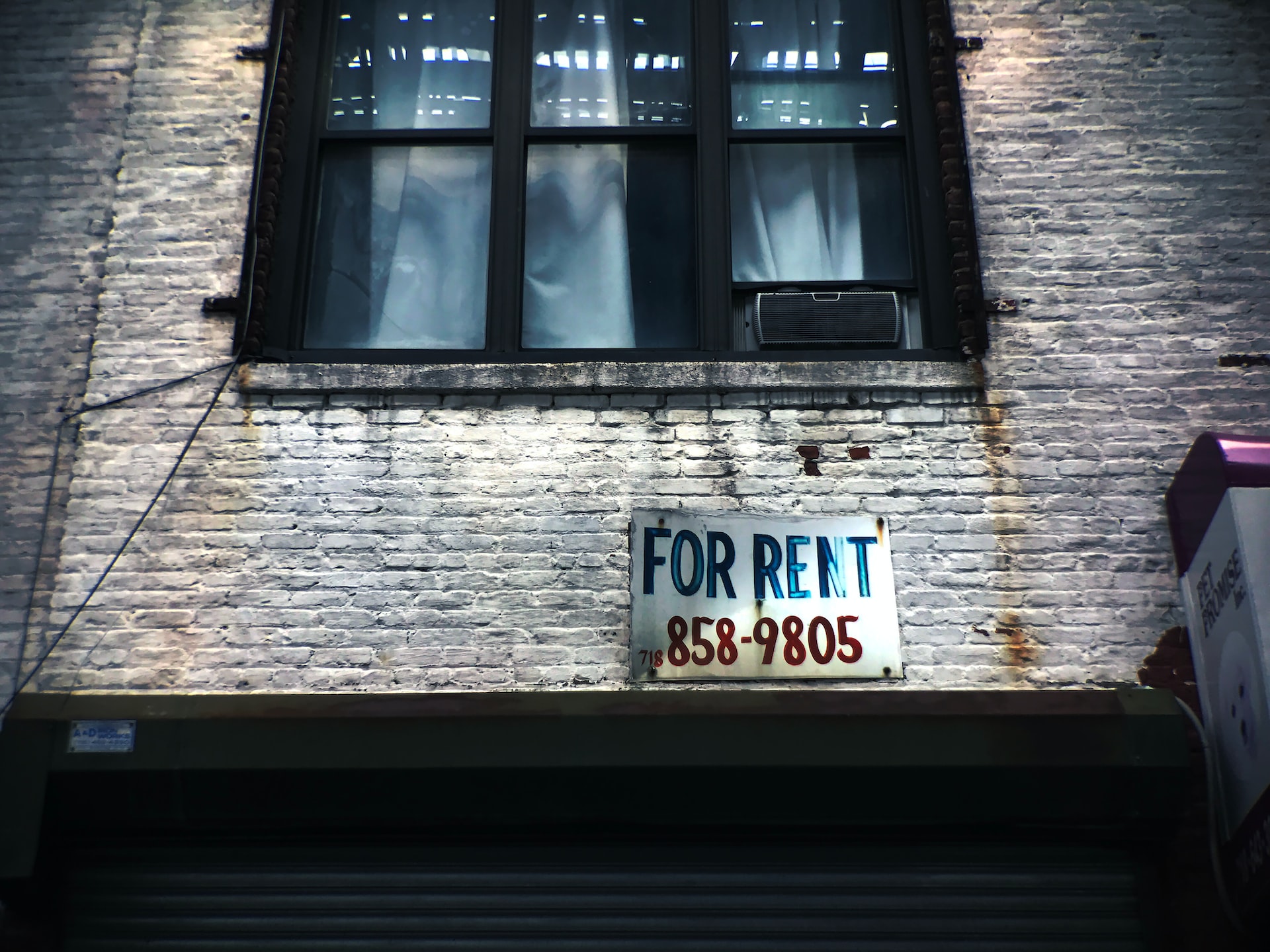Can My Landlord Evict Me From My Rental Unit in Ontario?
Evictions under the Residential Tenancies Act
In Ontario, the Residential Tenancies Act (“RTA”) is a comprehensive law that sets out the rights and responsibilities of residential landlords and tenants. The RTA is applicable to virtually all residential rental housing situations. The RTA governs when an Ontario landlord may evict a tenant from their rental unit.
Assuming a landlord and tenant do not mutually agree to end the tenancy, any dispute is handled by the Ontario Landlord and Tenant Board (“LTB”). The LTB is a tribunal that resolves disputes between landlords and tenants.
Landlords cannot evict a tenant for no reason. Under the RTA, there are a number of steps that must be followed. The first step to eviction is for a landlord to give a tenant proper notice in writing that they want the tenant to move out. The type of notice differs depending on the reason for eviction. These notices are available on the LTB website. Landlords must use the correct notice and provide all required information to tenants otherwise the notice may be considered void.
Reasons for Ending a Tenancy
There can be many reasons why a landlord may want to end a tenancy and evict their tenant. Reasons can include everything from a tenant damaging the property to needing to do renovations on the property. For a complete list of reasons, visit the LTB’s helpful guide on the issue. For now, we will discuss some of the most common reasons that are seen:
1. Not paying the rent in full or on time
A landlord may end a tenancy and evict a tenant if the tenant has not paid their rent or if they have persistently paid their rent late.
2. Causing damage to the rental property
A landlord may end a tenancy and evict a tenant if the tenant, their guest or another occupant of the rental unit if they have wilfully or negligently caused undue damage to the rental unit or complex.
It is important to highlight the fact that the landlord must prove that the damage caused was “wilful”. This essentially means that the damage caused was deliberate. Examples where the LTB found damage caused to be wilful include: numerous holes/indentations throughout the unit, substantial damage to walls that could not have occurred over the regular course of time, and damage caused after leaving water flowing in unit unattended.
3. Disturbing other tenants or the landlord
A landlord may end a tenancy and evict a tenant if the tenant, their guest or another occupant of the rental unit has substantially interfered with the reasonable enjoyment of the landlord or another tenant.
It is important to highlight the fact that the landlord must prove that there is “substantial” interference. Examples of substantial interferences discussed in a LTB case include: excessive noise in the rental unit and in the hallways at all hours of the night by screaming and slamming walls, knocking on other tenants’ doors late at night, and forcing their way into another tenants’ unit without permission.
4. Illegal activity in the rental unit or residential complex
A landlord may end a tenancy and evict a tenant if the tenant or another occupant of the rental unit commits an illegal act or carry on an illegal business.
5. Major repairs or renovations requiring a building permit and an empty rental unit
A landlord may end a tenancy and evict a tenant if they plan on doing repairs or renovations to the extent that it requires the rental unit to be empty.
It is important to highlight the fact that the landlord must obtain a building permit in order to evict. Examples of major repairs or renovations that have been considered by the LTB to be sufficient to end a tenancy include: installing a new HVAC system, installing new underfloor heating, and asbestos removal.
6. The landlord (or their family) wish to move in
A landlord may end a tenancy and evict a tenant if they require possession of the rental unit because they themselves, their spouse, their child, their parent (or their spouse), or a person who will provide care services for these people want to live in the rental unit for at least one year.
For tenants, it is important to keep your landlord honest by making sure that they actually move into the unit after you leave. Otherwise, you may have a right to bring a case against your former landlord for compensation at the LTB. Consider that in the case of TST-82882-17 (Re) it was found that the landlord gave notice of termination in bad faith when the landlord evicted the tenant so the landlord’s mother could move in. Instead, the landlord’s mother did not move in and the unit ended up being sold.
Are you a landlord or tenant having an eviction issue? Consider using our free Legal Referral Service to find a legal professional who can assist you.
DISCLAIMER: articles posted in this blog are for informational purposes only. It may not be up-to-date, is not intended to serve as a comprehensive treatment of the topic, and may not be accurate. It shall not be construed as legal advice. No solicitor-client relationship is established from accessing this website and/or webpage. Nothing replaces retaining a qualified, competent lawyer or other legal professional, well versed in this area of the law to provide you legal advice.



